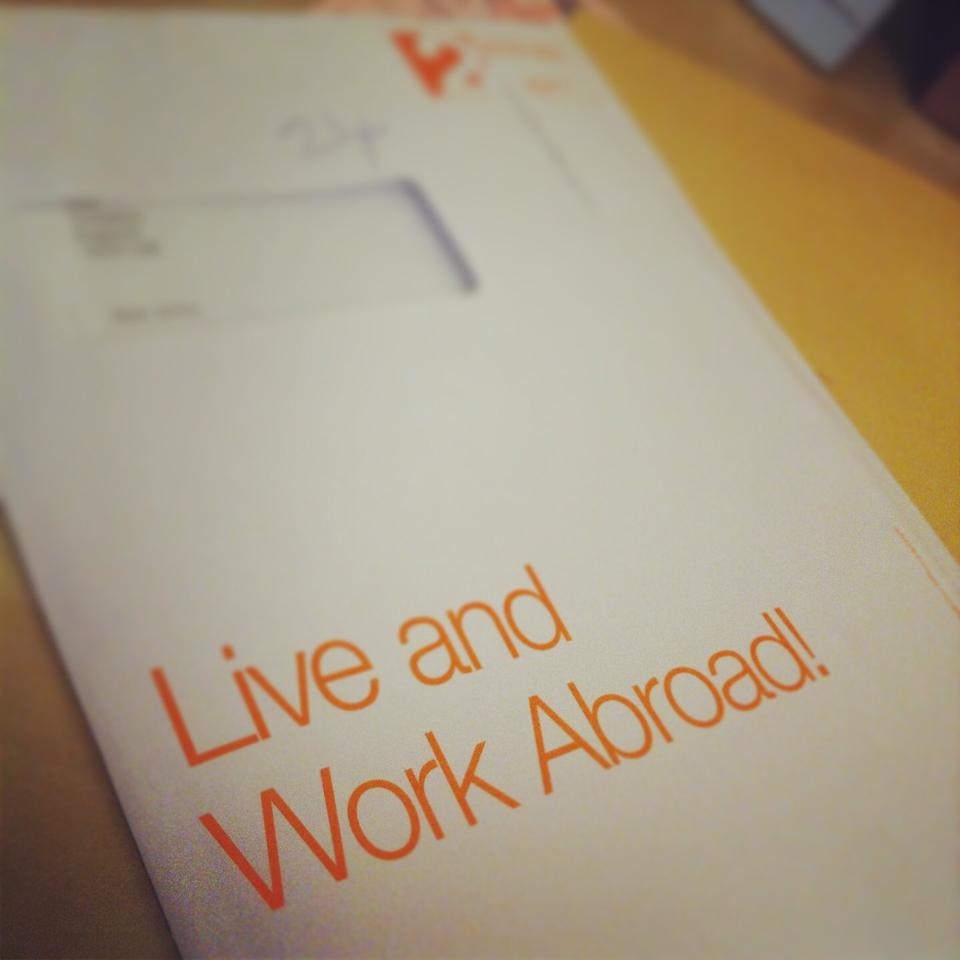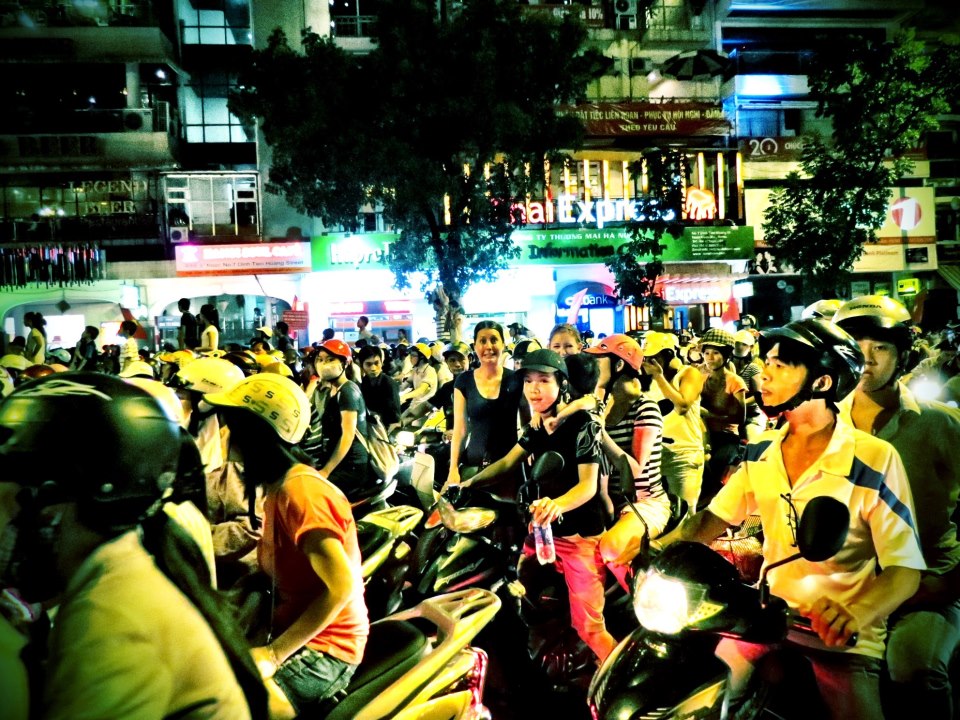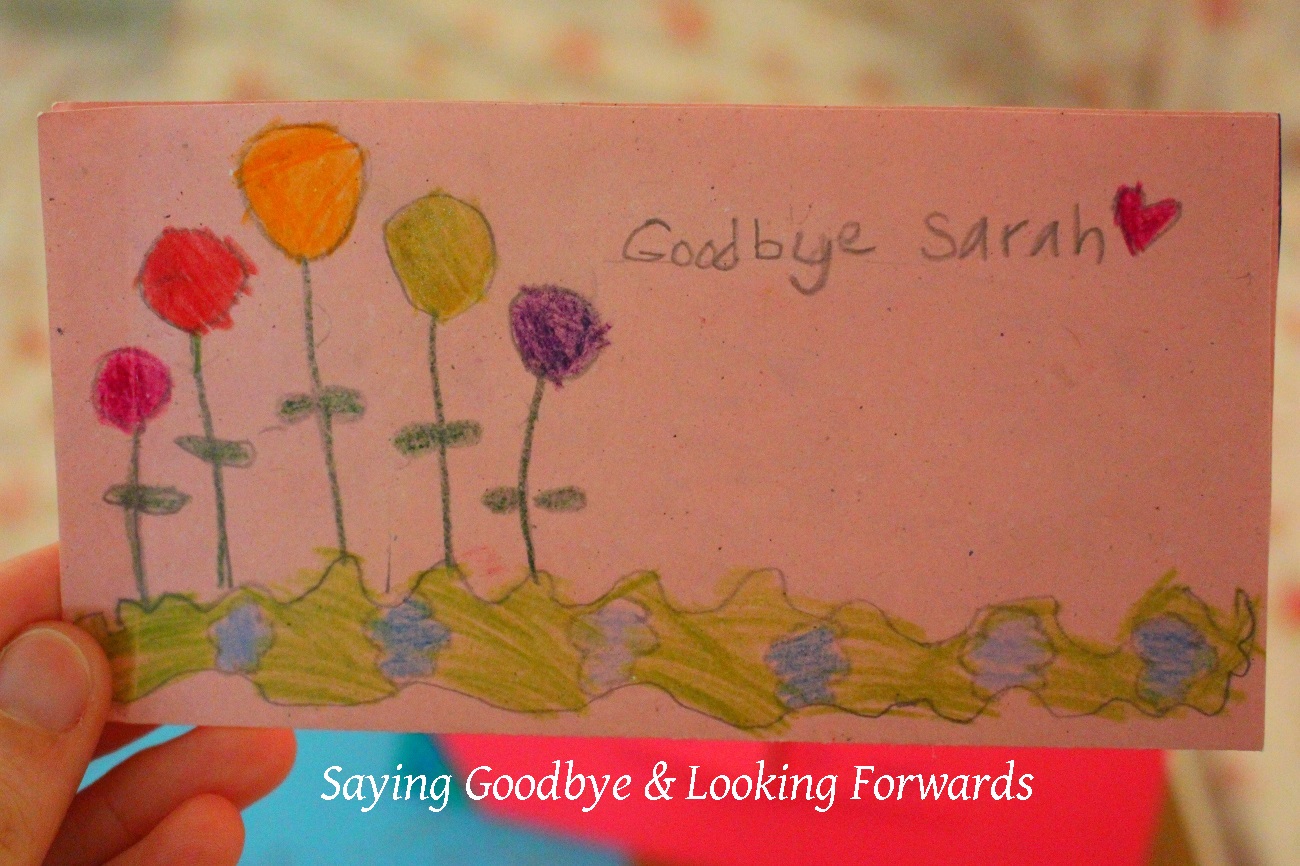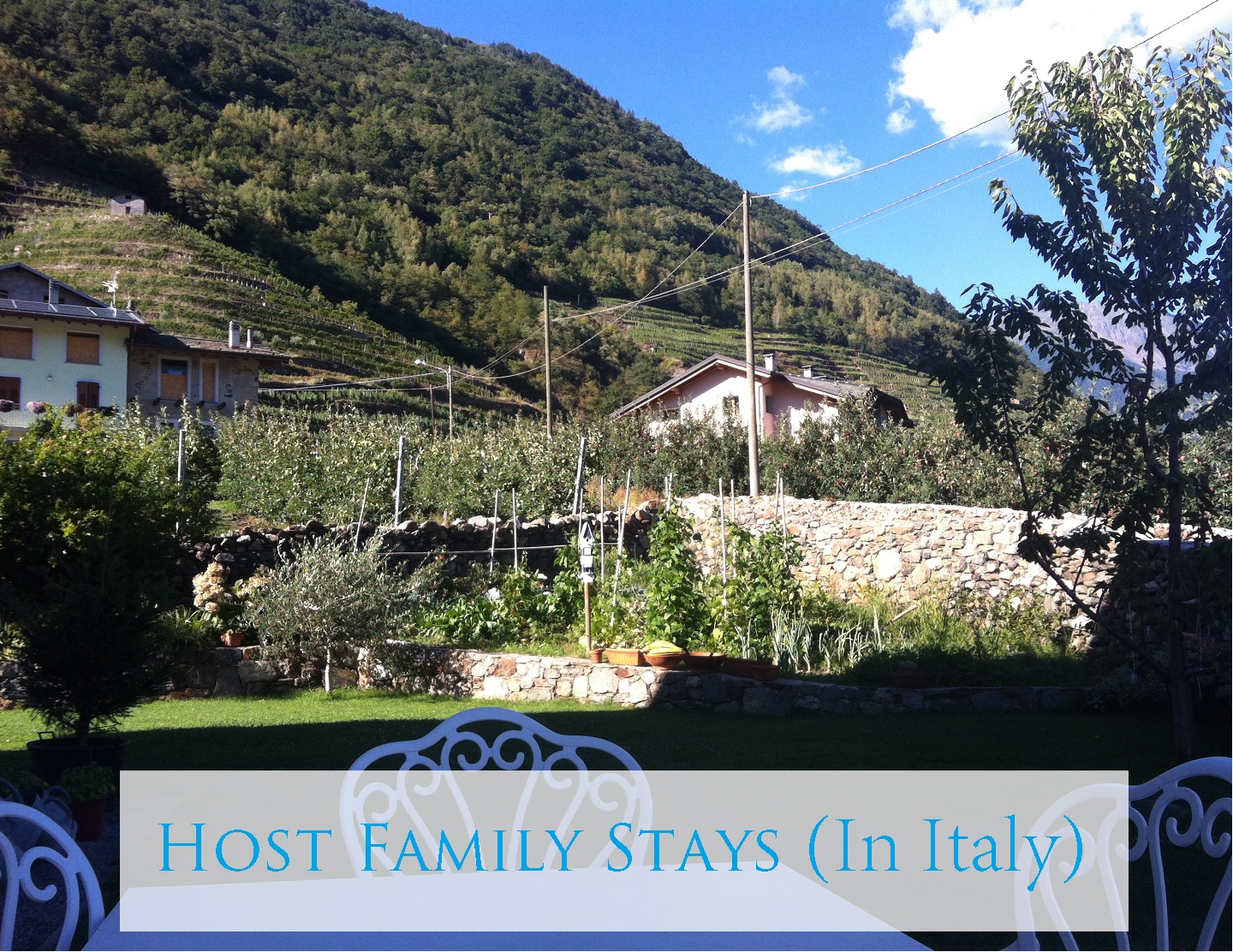Moving abroad encompasses an insane amount of sensations. Sometimes I’ve experienced them one at a time, other times I’ve felt jumbled up at once with different feelings. From my experiences, I’ve noticed there’s a trend in the emotions (phases) of moving abroad. This post hopes to both identify, and give some advice on how to overcome them in order to adapt successfully to your new lifestyle and to fully embrace the new you.
PHASE ONE (Deciding to move abroad)

The first phase is all about excitement. You or your partner have been accepted a job oversees and you’ve decided to go for it. Congratulations! During phase one I felt on top of the world- my news was plastered all over Facebook, maybe with quotes or a screenshot of the job offer, a countdown until I leave and a “this has been fun but I’m off for the next…” status update. You have goodbye parties and really enjoy your last few weeks at home… but you just can’t wait to get on that plane. Friends and family are incredibly pleased for you and you feel strong, independent and daring. And so you should, you’re about to go on an incredible life-altering journey!
PHASE TWO (Oh god what did I do?)

Uh-oh. The first night in my new home has always been difficult. I’m jet-lagged from the flight, I’m hot and tired, certainly not used to the humidity or the mosquitoes, I miss my bed at home already and I probably haven’t got a new phone or SIM card yet so I haven’t been able to contact anyone at home (this happened in Italy and it wasn’t a WEEK until I was finally able to call my mum).
The first few days are madness and you can’t help but feel completely overwhelmed by absolutely everything. Maybe it’s not what you’d thought it would be. Your entire routine is shaken up and everything you do seems really alien and weird. In Maldives, I couldn’t find a tin opener in any of the shops but I’d just bought a load of tinned foods. It wasn’t a big deal but I felt like crying. There was so much hype for this trip and I can’t even find a damn tin opener! When I did find one, it wasn’t one I was used to and I couldn’t get it to work. Why do they not use regular tin openers? Why is everything so different? Why is there a hose on my toilet? In Vietnam, some public toilets were holes in the ground (in separate cubicles) and you had to squat. You don’t understand the currency or the language and it seems like every single person is staring at you ALL of the time. You don’t feel particularly welcomed into the new society- you don’t know anyone, you don’t understand the public transport, you brought the wrong kinds of clothes, it’s too hot (or cold), you can’t find any decent fruit or vegetables and maybe you even feel a little scared to leave your new front door.
This is culture shock. You feel like everything around you is so heavily opposed to what you’re used to that maybe it was the wrong decision to come here.
How to overcome it:
DON’T GO HOME. At the same time, don’t complain about how it should be more like home. Phase two is easy to get out of alive. You just need to remember all the reasons why you left your mundane routine at home in the first place. You need to accept that it’s not the new destination that is alien, but rather it’s you. You HAVE to go with an open mind. You have to accept that things are done differently- and that different doesn’t mean incorrect. The Western way isn’t the only way- you’re a foreigner now, remember? Embrace your new cultures way of life. You WILL start to meet people. Check if there is an expat Facebook page, there certainly is for Vietnam and Maldives. Get to know your colleagues and talk to them about your concerns. Maybe they can give you advice, introduce you to a few locals or take you out for some fun. And above all, you need to accept that it is you who needs to adapt to your new surroundings. When I read over my post about my first month in Maldives, I feel a little embarrassed as I can see that I wrote it before I’d adapted- I made a lot of sweeping comments about the country and its people, which I can now see were wrong.
“The majority of people tend to confuse their own limitations for the limitations of the world; as such such, they will project their disgusting personality flaws to the country as a whole, or to the workplace. Whenever they make a critical comment, reverse it and interpret it as a critical statement about themselves. For example, if they criticise the food, this simply means they cannot adjust to food beyond fish and chips. If they criticise the way the workplace is ran, this means they cannot adjust their methods to suit the needs of their employers. After sufficient time, probably a month, they will become disgruntled, depressed and will return home, having learned nothing about themselves. You might even go to work one day to find that they have left without informing the company.” – James, an old and (very) wise friend.
PHASE THREE (Over the shock but not quite settled in)

Once I accepted that I needed to adapt, the culture shock evaporated near-immediately. In Vietnam, I spent my weekends exploring Hanoi. I wandered around the markets and tried all the new and fascinating street foods. I went to museums with my American house-mate Maggie, and one day we met a local tour guide who ended up taking us around on his motorbike for a very good price. It pretty much just felt like an extended holiday. We went around the backpackers clubs in the evenings and met a lot of like-minded people on their travels. I even had the amazing experience of visiting the wonder-of-the-world that is Ha Long Bay! The same “extended-holiday” feeling can be said for Maldives. I was spending a lot of time in the ocean on boat trips, going snorkelling, getting to know people outside of the workplace. Going out to different restaurants, reading up on Maldivian history, and getting around to other islands- including resorts– which would never be an option to me without my work-permit discount. I was feeling good, very good, but I wasn’t quite there yet. I didn’t yet refer to myself as living in the country. (Which is why this is the five phases of moving abroad, not of living abroad. That only comes at the end!)
How to overcome it:
To really settle in, you should make sure your home is comfortable. Clean it, take care of it. Buy the things you need to buy, get the toilet fixed and change that light bulb. Going out with friends and doing lots of things is great, but spend time on yourself too. I found going to the local beach and reading a book really relaxing. I also realised that locals weren’t staring at me anymore (maybe they never were?) and some would take the time to say hello in the street and ask me about myself. I loved talking to locals! I’d find I was meeting the same taxi drivers, I got chatting with the shop assistants and waiters in local cafes.
Loving my job also helped in overcoming phase three. I adore my job. I have wonderful students, and I feel respected and valued in the workplace (despite my age and credentials compared to other teachers). I can see clearly where my students have improved massively and the bonds formed between me and them grow more each day. I often wonder how I’m going to leave them at the end of the contract. I feel myself worrying that their new teacher won’t understand their individual needs as well as I do. Sometimes I see the kids outside of work at the shops or on the bus and they smile and excitedly tell their parents that it’s me; “that’s my Auntie!” I hear some of them say. One lovely little student of mine (about 7 years old) found me in a shop and helped me decide which shampoo to buy for silkier hair. I chat with parents after class and a few of them have been telling me how their sons/daughters love coming to class and talk about me a lot at home- one mother said her son loves to imitate me to his younger sister, haha!
Don’t love your job? You could always look for another. The fact that you’re already in the country gives you a massive advantage over folks still in their home countries. If your company is treating you unfairly or doing things they’re really not meant to (I.e breaking the contract) then DO NOT stand for it! It doesn’t mean you failed.
PHASE FOUR (Homesickness)

Phase four kind of intermingled itself part way through phase three, so I had a range of emotions all at once. I was having really amazing experiences, I hadn’t long been away from home, but I found myself incredibly depressed at certain times/days. In Vietnam, phase four came when I moved to a new city, leaving Hanoi and the new friends I’d made there. The new school was lovely and my colleagues were great girls only a few years old than me- but I had very little working hours. Instead of going out and exploring I found myself watching the entire box-set of Sex and The City and missing my friends from university. I didn’t have much money and the school/where I lived was a (heavily crowded) hour long bus ride away from the main city so I started going out less and less.
In Maldives, it was on a Friday. On Fridays, a lot of the shops close and everyone goes to Friday Mosque. It’s the first day of the weekend, and I found myself so exhausted from the working week that I often slept in on Fridays til noon or later. By Friday I barely had any groceries left and I was beginning to feel really lonely. It also hit me in May and August because I missed both my nephews 4th and 6th birthdays. I knew all the family would be together in celebration and I felt really left out. Then, since it was the summer holidays, my family went on a trip to Ireland and Wales. How could I complain? I was in the Maldives for god’s sake! But dang, I missed the chaos and the love of my family.
How to overcome it:
A lovely blogger from The Tide that Left, left a comment on my post about homesickness. She said I should make some kind of bucket list of things to do so that on those sad Fridays I didn’t have the time to mope about. At first I thought, what the hell am I supposed to do? Then I realised I didn’t have any hobbies, and I hadn’t had any since I was a kid. I’ve never been particularly artistic or sporty (unless watching Art Attack religiously and going swimming once a week counts).
So one of the most important things I’ve done abroad was finding hobbies, including blogging, photography and diving. These all helped me to integrate more into the community aswell as feeling more and more proud (and grateful) of where I lived. I blogged about how my health and well-being have improved since moving abroad, and diving hit the cherry on the top in regards to meeting more locals. There I met a cool Maldivian called Siraa, who has quickly become one of my best friends here. We’re always out doing something or another- thanks to him I rode my first jet ski and visited local island Himmafushi. In Vietnam I’m not sure if I ever truly “settled in”- I was just counting the weeks and then days until my flight home. In Maldives, the days and weeks seem to be going by too fast!
PHASE FIVE (I live here)

It could be your 5th or 6th month abroad or maybe even a year or longer, but Hurrah! You have successfully moved abroad and now openly refer to yourself as living in the country (as opposed to just staying or working there). You know your way around, you’re settled into a routine, you have your favourite restaurants/pubs/places to go as-well as some incredible friends who you’ll remember forever. By this point, I want to shout from the rooftops that I live here. I don’t think about the end of the contract, I just live each day as it comes. I hardly ever complain anymore or feel frustrated, because I’ve adapted to the country and the way things are done. I live the way I want to live and I’m happy. Sure you might think about/plan where you’re off to next, or if maybe moving abroad long-term isn’t for you, but you’ll leave now with very fond memories of the country and its people.
*PHASE SIX (I’m staying put/ I’m moving on)
I’ve just realised that for some expats, there’s going to be a phase six of moving abroad- what happens at the end of your contract? You’ll either renew it, stay in the country but find work elsewhere, or leave- moving on either to another country or to life back home. I’ve met a few expats in Maldives who have lived here for 2 years or more even. There’ll be expats in parts of the world who have lived in a country for 10 years or more! It’s great to fall so in love with a country that you don’t want to leave. But for some people, a few years pass and the spark fades away and you’re left feeling the same way you did when you was in your home country… well, you can simply pack up and start a new life somewhere else (and probably go through all the phases all over again- although now you’ll be better equipped at handling them!).
Lots of my friends here have chosen to renew their contracts for next year. I’ve decided to leave as intended, despite my happiness here. I feel by December it’ll be time to move my relationship closer and to do that we can’t keep being long-distance. Therefore I’ve applied to a couple jobs, and I’m thrilled to announce I’ll be living la bella vita from January onwards!! I’m now feeling strange mixes of phase five for the country I’m in and phase one for where I’m headed. I’m extremely excited to see what the new year brings.
Thank you for reading and I’d absolutely LOVE to hear your thoughts about moving abroad! Did you adapt successfully to your new culture and language? Do you mix with locals and how has that changed things? For any serial expats, I’d love to know if eventually you start feeling homesick not just for home, but for all your homes. If anyone has any tips for conquering culture shock, homesickness, or anything else involved in moving abroad (I didn’t comment at all on expats who aren’t working abroad) I’d really welcome them. Thanks again!




